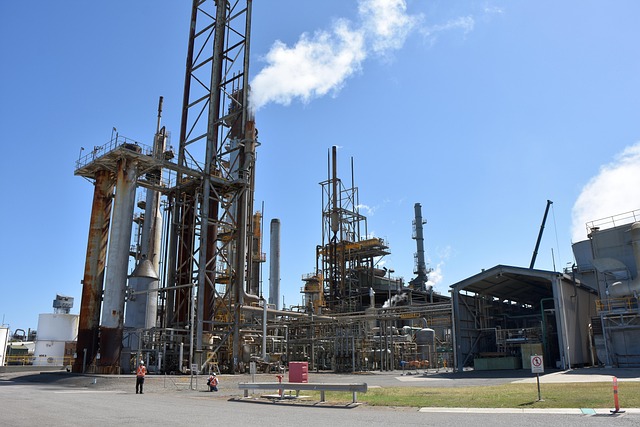What is Humic Acid?
Humic acid is a naturally occurring organic compound that results from the decomposition of plant and microbial matter. It is primarily found in soil, peat, coal, and sedimentary deposits. Classified under humic substances, humic acid plays a crucial role in soil health, environmental applications, and industrial uses.
Chemical and Physical Properties
– CAS Number: 1415-93-6
– Molecular Structure: Complex mixture of polycyclic aromatic compounds
– Solubility: Partially soluble in water, more soluble in alkaline solutions
– Appearance: Dark brown to black powder or granules
– pH: Typically ranges between 6 and 8
Industrial and Environmental Applications
Humic acid has various applications across different industries due to its ability to interact with minerals, metals, and organic compounds.
1. Agriculture and Soil Enhancement
One of the primary uses of humic acid is in agriculture as a soil amendment. It improves soil structure, enhances nutrient availability, and promotes root development in plants. It also helps in moisture retention and reduces soil compaction, leading to better crop yields.
2. Water Treatment
Humic acid is used in water treatment processes to remove heavy metals and organic contaminants. Its chelating properties allow it to bind with toxic metals like lead, mercury, and cadmium, reducing their bioavailability and making water safer for various applications.
3. Bioremediation and Environmental Cleanup
Humic acid plays a significant role in bioremediation, where it helps in the degradation of pollutants such as hydrocarbons, pesticides, and industrial waste. It enhances microbial activity in contaminated soil and water, accelerating the natural breakdown of harmful substances.
4. Industrial Applications
– Drilling Fluids: Used in the oil and gas industry to improve the properties of drilling muds, reducing fluid loss and enhancing lubrication.
– Concrete and Construction: Added to cement and concrete mixtures to improve strength, reduce water permeability, and enhance durability.
– Battery Technology: Researchers are exploring humic acid in energy storage solutions, particularly for lithium-ion batteries, as a sustainable and conductive material.
Benefits of Humic Acid
– Enhances soil fertility and plant growth
– Improves water retention and soil aeration
– Assists in heavy metal remediation
– Supports microbial diversity in soil and water ecosystems
– Reduces environmental impact by mitigating pollution
Conclusion
Humic acid (CAS: 1415-93-6) is a versatile and essential natural compound with wide-ranging applications beyond agriculture. Its role in environmental sustainability, water treatment, and industrial processes highlights its significance in modern science and technology. As research continues, humic acid’s potential in emerging industries may unlock even more innovative applications.
City Chemical LLC is a top producer of chemicals like: Humic Acid (CAS #: 1415-93-6).
Visit City Chemical at www.citychemical.com.
